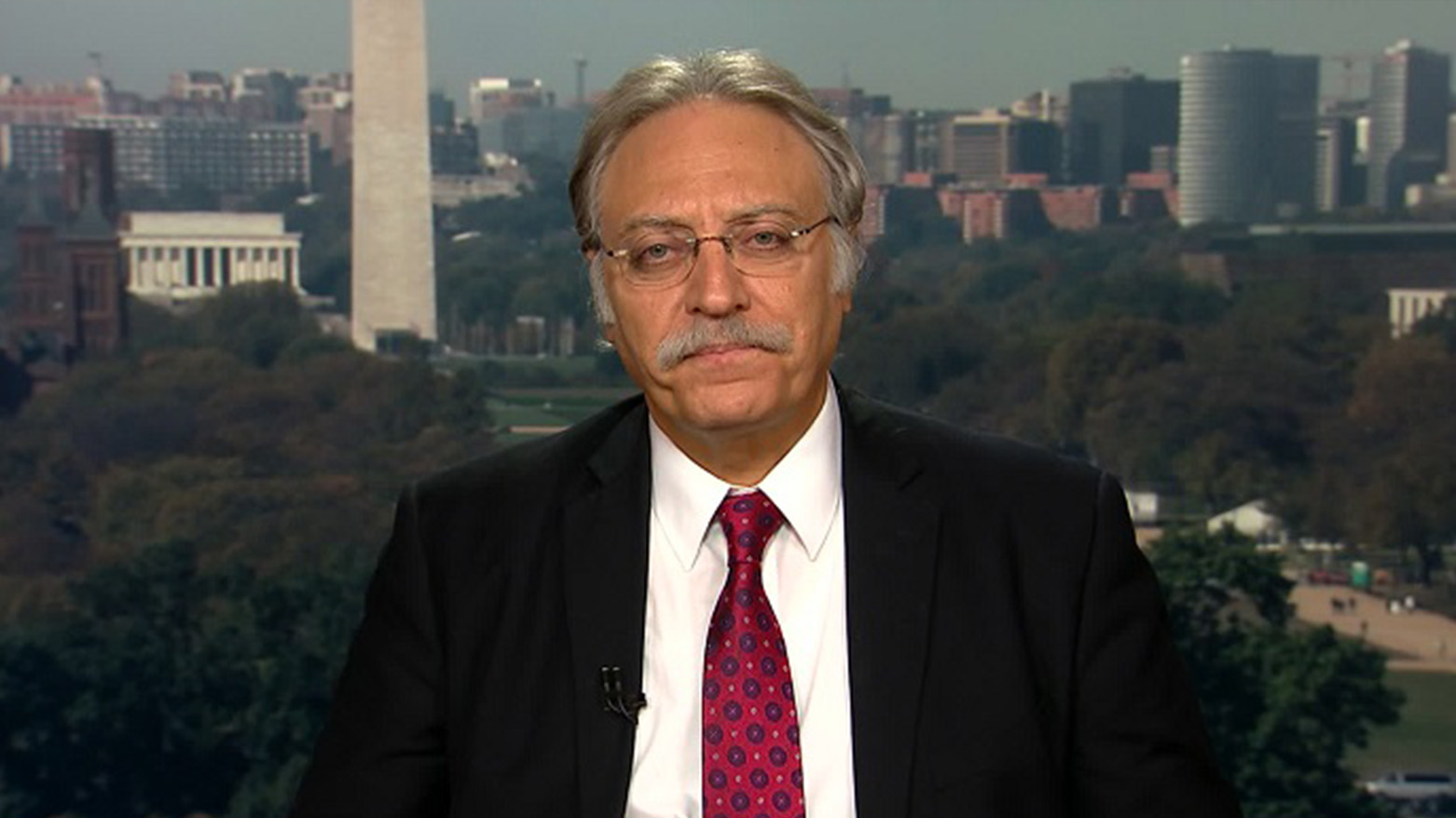Bassem Ishak: Security Forces in Western Kurdistan Essential to Safeguard Pluralism and Stability
Syrian politician Bassem Ishak urges continued US support for SDF, warns against replacing anti-ISIS forces with radical groups. Stresses decentralization as key to Syria's stability amid Washington policy shifts.

ERBIL (Kurdistan24) – Syrian political figure and Member of the Presidential Council of Syria Democratic Council (SDC) Bassem Ishak, has emphasized the critical importance of maintaining independent security forces in eastern Syria to preserve the safety of the country’s diverse components and to protect the pluralistic structure of the region.
Speaking to Kurdistan24, Ishak underlined that while progress has been made in combating ISIS, the threat has not been eliminated due to the continued presence of other armed factions that espouse similarly radical ideologies.
“Recent developments on the ground have shown success in fighting ISIS,” Ishak said, “but challenges persist due to the armed groups that share its extremist mindset.” He stressed that continued international, particularly American, support for the Syrian Democratic Forces (SDF) remains essential to sustain security and stability in the region.
Ishak noted that the current U.S. administration is moving towards a broader reduction in the Department of Defense budget, which includes funding allocated to the SDF. He revealed that there is ongoing communication in Washington with members of Congress and the Senate regarding concerns over shifting U.S. policy in Syria.
“There is growing skepticism toward the new administration’s approach to the Syrian file, especially following recent human rights violations and bombings in Damascus and Suwayda,” Ishak stated.
Highlighting the ideological similarities between various factions operating in northern Syria and ISIS, Ishak cautioned against the prospect of replacing anti-terror units with groups that promote the same extremist doctrines.
“It is inconceivable to substitute forces that fought terrorism with factions holding similar radical beliefs,” he warned.
He added that although the U.S. government has expressed a desire to see the formation of a unified national Syrian army, this goal remains difficult to realize due to ground-level realities.
Addressing the issue of governance, Ishak called for strengthening decentralization in the future structure of Syria. He argued that granting more authority to regional and local administrations is a rational step forward and should not be misrepresented as a move toward partition, as claimed by the Syrian regime.
He stated that the principle of decentralization is increasingly supported within U.S. congressional circles as a necessary measure to achieve lasting peace and stability in Syria.
“There has been a significant shift in the atmosphere within Congress regarding the Syrian regime’s handling of minority rights and human rights issues,” Ishak said, pointing to the recent incidents in Suwayda as a turning point in American political perception.
As debates continue in Washington, Ishak’s remarks highlight growing concerns over both the future of U.S. engagement in Syria and the protection of the country’s diverse social fabric.